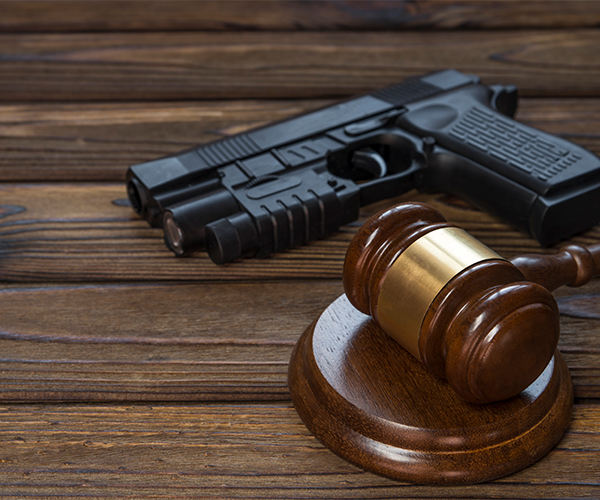
What do gun rights groups and the ACLU have in common? Not much unless it’s Illinois’ new gun storage bill, one that is so polarizing that both sides are shaking their heads. When a group best known for defending civil liberties, but not often the Second Amendment, joins forces against a gun control bill, one does well to pay attention.
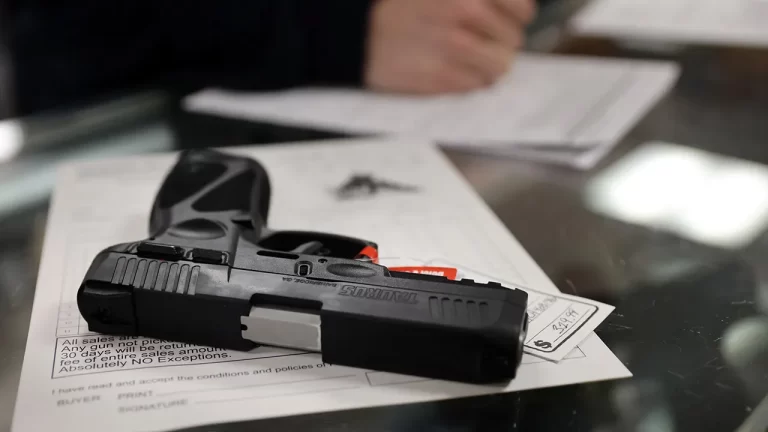
Illinois’ Safe Gun Storage Act is no legislative nudge this is a complete revamp of the way that guns need to be stored, who qualifies as a minor, and what occurs when things go awry. With Governor Pritzker poised to sign it into law, gun owners, legal experts, and self-defense rights activists have a timer running. Here’s what you need to know about the bill’s greatest curveballs and why even surprise supporters are sounding an alarm.

1. The Definition of ‘Minor’ Just Got a Major Makeover
Maybe the most surprising aspect of the Safe Gun Storage Act is how it broadens what precisely is considered a minor. In the old statute, Illinois aimed at minors under age 14 or even sometimes under ages 16 or 17. Now, anybody under the age of 18 is considered a minor for storage. That implies if there is a 17-year-old living in your house or on your car, your gun has to be stored in a locked safe no exception.
This broader definition is more than a technicality. It requires handgun owners to lock up the weapons and take them out of reach of even a responsible teenager. In the bill’s terms, the law would become effective whenever a handgun owner has reason to know or should know a minor might be able to access the gun. This shift might be the difference between security and danger for families who depend on instant access for protection.

2. Locked Storage Is Mandatory Everywhere, Every Time
The bill’s core requirement is simple but strict: firearms must be secured in a locked container or rendered inoperable, whether at home or in your vehicle. And it doesn’t matter if you’re present or not. If a minor, at-risk person, or someone prohibited from owning firearms could possibly access your gun, it must be locked up.
This requirement is more stringent than most safe storage legislation across the country. As Armed Attorneys’ Emily Taylor describes, ‘This is the most burdensome safe storage law we’ve ever seen.’ There are no exceptions for rapid access in an emergency situation, a feature that concerns a significant portion of firearms owners and their capacity to defend themselves and family members when time is of the essence.

3. Vehicle Storage Laws May Put You At Risk
Got your gun on the highway? New law demands that you secure it in your car out of reach and out of mind to strangers. Even with your own children in the vehicle, the regulations don’t bend.
Opphitonic opposition such as Richard Hayes feels that this law would endanger law-abiding citizens. You might not be able to reach your gun in time if an attacker attacks you while it is stored away, and utilize it in your own defense. That there are no obvious exceptions for self-defense in automobiles is one of the chief reasons for opposition among gun owners and some law enforcement experts.

4. Civil and Criminal Penalties Pack a Serious Punch
Violating the Safe Gun Storage Act is not a slap on the hand. Penalties are between $500 and a staggering $10,000, much greater if a child, vulnerable, or restricted individual gains access and causes harm. The act also deems violating it ‘prima facie evidence of negligence’ in civil court, so gun owners could be held liable even if they were trying to do what was needed.
Added to that is a Class C misdemeanor and a $1,000 fine if a child under the age of 18 kills or wounds someone using an improperly stored gun. As the bill summary indicates, habitual failure to report lost or stolen guns will even get your FOID card suspended. The takeaway: the fines for errors in storage just took a big jump up.
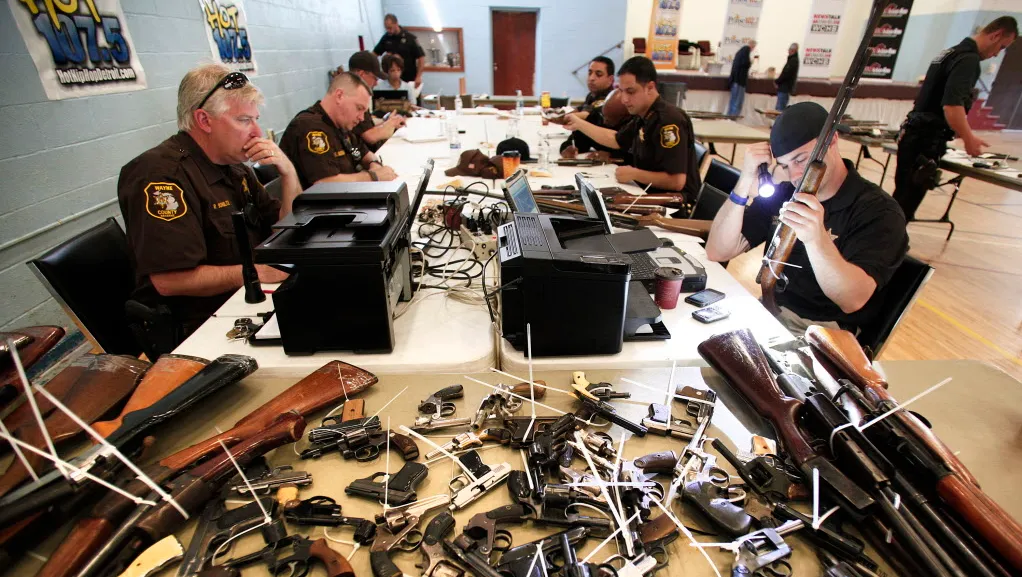
5. The ACLU Opposition: An Unlikely Coalition
The biggest surprise is perhaps the ACLU’s vocal criticism. Although the organization generally avoids taking a position in Second Amendment battles, it contends that this bill ‘unfairly punishes gun owners without addressing the root causes of gun violence.’ Their position has drawn an unlikely alliance with gun rights groups, both cautioning the bill’s expansive scope could jeopardize constitutional rights.
Richard Hayes perfectly sets the tone: the ACLU contribution ‘illustrates how overbroad and flawed the bill is, even to groups that don’t normally join forces with gun rights advocates.’ When opposing sides come together, it’s a sign the law has gone too far.
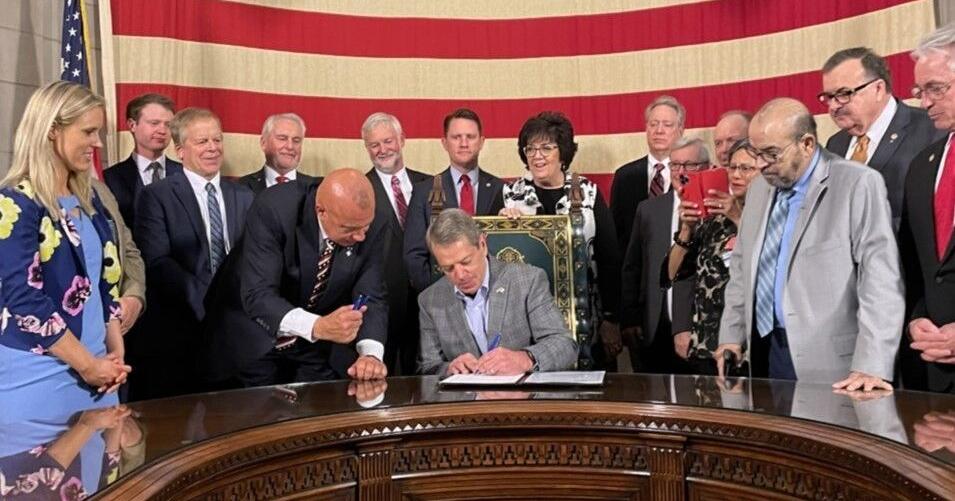
6. Vague Language Creates Legal Headaches
The language of the bill in defining what ‘secure storage’ is, at the very least, is ambiguous. ‘Inaccessible’ and ‘lawful permission’ are undefined words, so it is difficult for gun owners and even police officers to know what one can and can’t do.
As Taylor cautions, this uncertainty may result in ‘unintended consequences for responsible gun owners.’ If it is that complicated, individuals attempting to do the right thing may even find themselves involved in legal problems anyway, just because the law is uncertain.
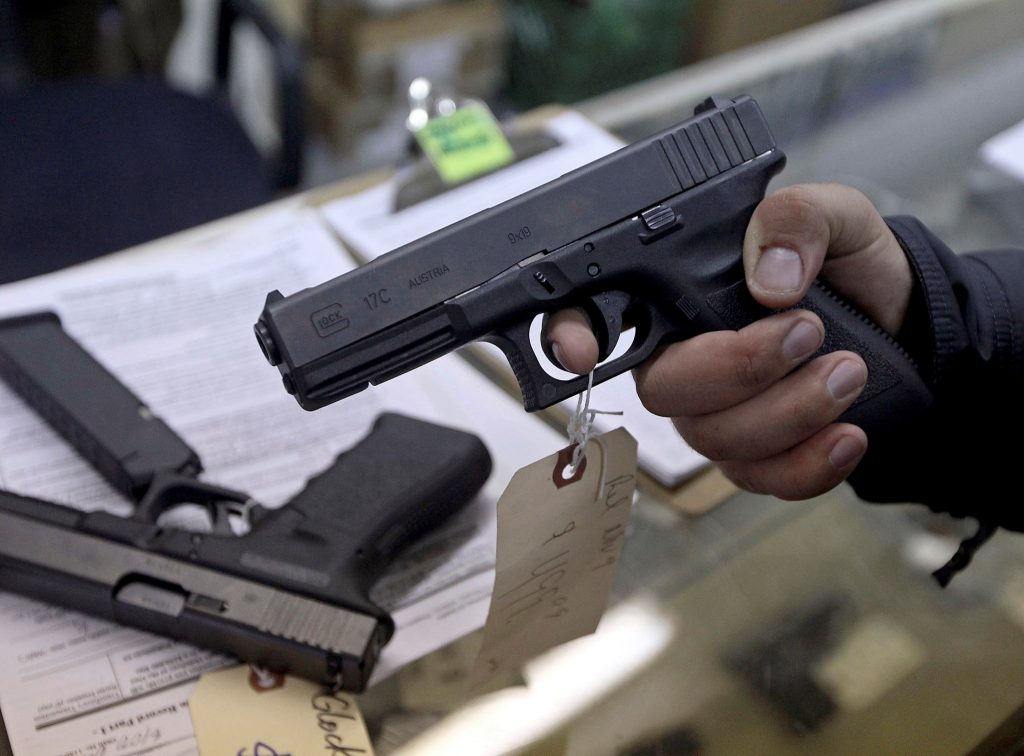
7. Political and Legal Ripple Effects Beyond Illinois
Governor Pritzker has said he will sign the bill, paving the way for a new era of gun regulation in Illinois. But the effect won’t end there. As Taylor and Hayes note, the bill could be a model for other states that are thinking about following suit.
As the national debate over gun storage and rights continues to escalate, enactment of the Safe Gun Storage Act has the potential to shape debates and court challenges nationwide. As recent Supreme Court decisions illustrate, state and federal laws are in a period of transition, so it’s more crucial than ever that gun owners are aware.
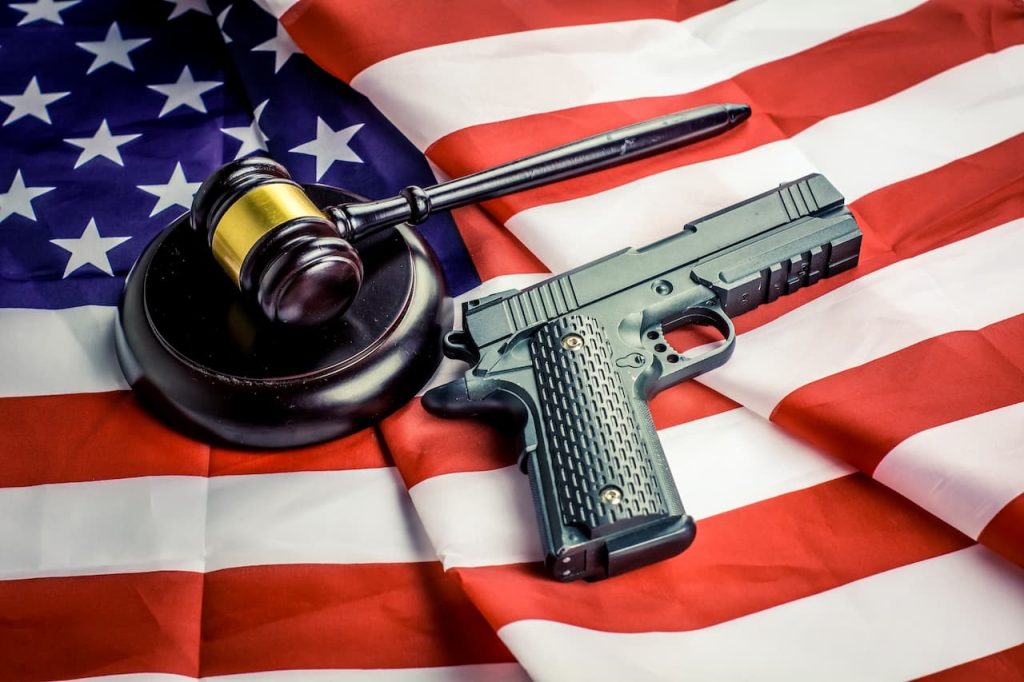
The Safe Gun Storage Act could have been written with safety in mind, but its radical changes, severe penalties, and ambiguous mandates have frightened many Illinois gun owners and even the ACLU half out of their minds. With the bill on the verge of becoming a law, it is time to get to know its particulars and possible dangers. Whether you’re a Second Amendment advocate, a legal analyst, or simply someone who values clarity and fairness in legislation, this bill is a wake-up call to stay engaged, informed, and ready for what comes next.


